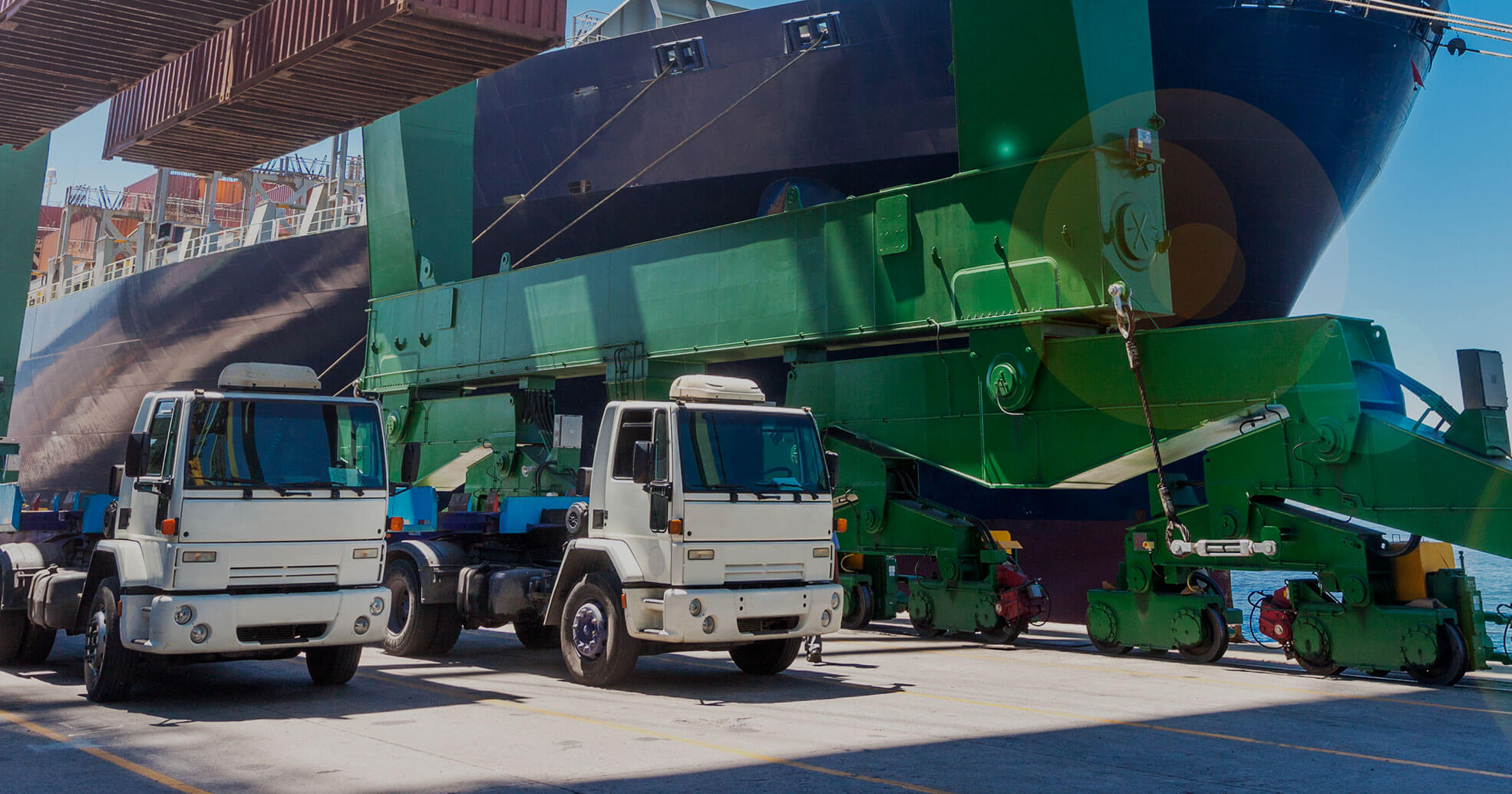In October of 2013, the FMCSA raised the financial security requirement for freight brokers from $10,000 to $75,000. The two options available to meet the financial security requirement are, to purchase a security bond, BMC-84 or obtain a trust fund agreement, BMC-85. Either BMC-84 or BMC-85 guarantees payments to shippers or carriers should the broker not fulfill their contract.
The $75,000 broker bond (BMC-84) carries the cost as a percentage of the bond amount, or premium, paid to the surety provider, much like an insurance policy. The bond guarantees to pay for potential claims against the broker. The trust fund option (BMC-85) requires $75,000 deposited with a bank, held in escrow for the duration of the broker’s license.
Here are a few things to take into consideration when deciding between a BMC-84 or BMC-85, otherwise known as a broker bond or trust fund.
The trust fund or BMC-85 requires an initial outlay of cash, plus an annual fee, normally a percentage of the fund. The fees range between 1% to 2.50%. Ask yourself if you can afford to tie up this amount of cash for an unspecified period of time. Claims against BMC-85 trust fund agreements are settled with cash from the fund. If the claim is found to be false, funds may be returned, but it can take several weeks.
The broker bond or BMC-84 is a percentage of the full amount of the bond paid annually. This is less costly up front. Should a claim arise, surety companies work with bonding agencies to resolve claims quickly.
No matter if you choose BMC-84 or BMC-85, it is important to do thorough research before making a decision. Look for an experienced surety agency, as fees and rates may vary. Some surety agencies also require audited financial statements, which can cost from $2,500 to $5,000 per year.
Once you’ve made the decision to use a broker bond, look for a specialist in issuing these types of bonds. They’ll guide you through the freight broker bonding process.

 1-888-910-4747
1-888-910-4747
